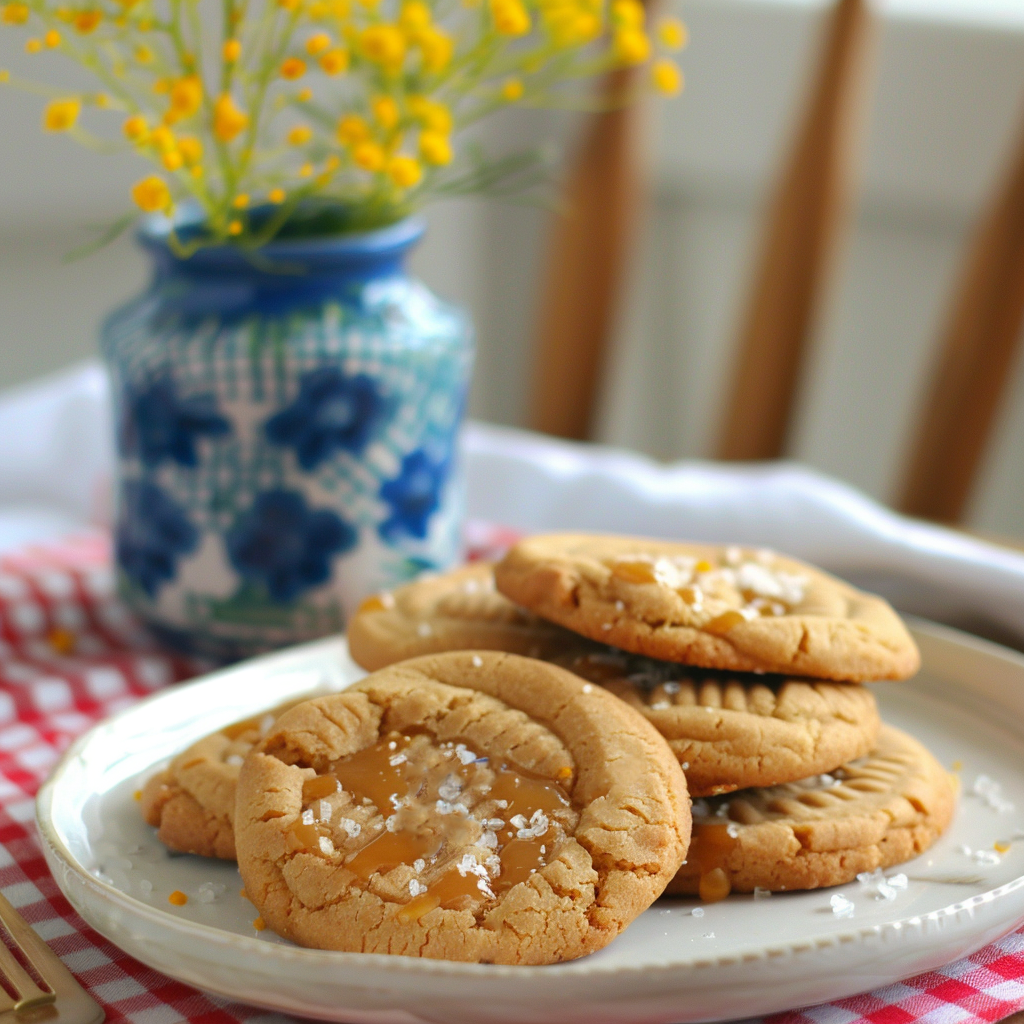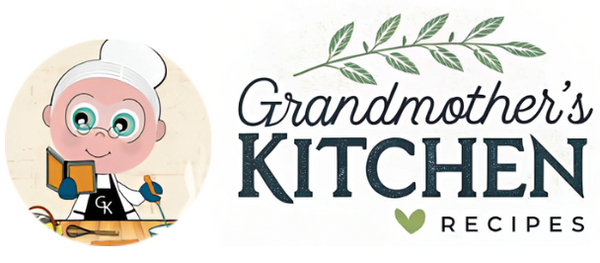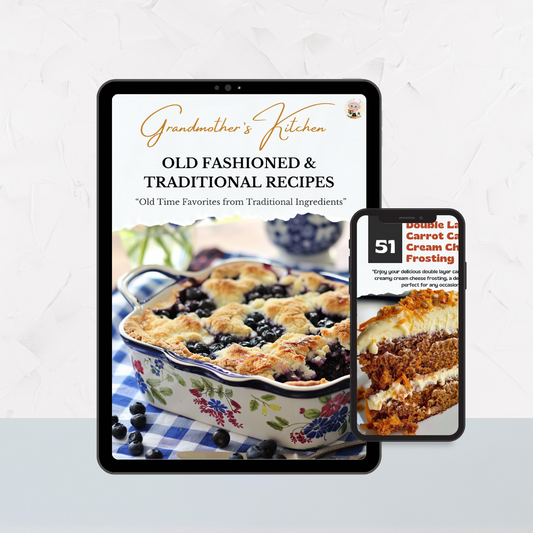Vegan Salted Caramel Cookies – A Sweet & Salty Plant-Based Treat

Share
Vegan Salted Caramel Cookies
Some recipes just surprise you with how indulgent they can be, even when made with plant-based ingredients. That’s how I feel every time I whip up these Vegan Salted Caramel Cookies. Whether I’m hosting a gathering or just want to share something special with friends, this recipe is a crowd-pleaser. They always ask if these soft, chewy cookies are really vegan because of the richness of the caramel and buttery flavor. I love showing that plant-based baking can be just as decadent as traditional treats. Plus, the satisfaction of knowing these are made without animal products makes them even sweeter to serve.
Did you know?
These Vegan Salted Caramel Cookies are not just delicious; they also provide some nutritional benefits. Almond flour, used in many vegan recipes, is a good source of healthy fats and vitamin E. Coconut milk, used in the caramel sauce, provides medium-chain triglycerides (MCTs), which can help boost energy. Coconut oil, a key ingredient in the caramel, is also known for its healthy fat content. These cookies, while indulgent, offer a balance of nutrients that make them a better choice compared to traditional cookies.
Recipe:
Yield: 24 cookies
Ingredients:
Vegan Salted Caramel Cookies:
- 1/2 cup vegan butter, softened
- 1/2 cup granulated sugar
- 1/2 cup brown sugar, packed
- 1/4 cup plant-based milk (e.g., almond, soy, or oat)
- 1 teaspoon vanilla extract
- 1 3/4 cups all-purpose flour
- 1/2 teaspoon baking soda
- 1/4 teaspoon salt
- 1/2 cup vegan caramel sauce (recipe below)
- Flaky sea salt, for sprinkling
Vegan Caramel Sauce:
- 1 cup coconut milk (full fat)
- 1 cup brown sugar, packed
- 1/4 cup coconut oil
- 1 teaspoon vanilla extract
- 1/2 teaspoon sea salt
Instructions:
Prepare the Vegan Caramel Sauce:
In a medium saucepan, combine coconut milk, brown sugar, and coconut oil over medium heat.
Bring to a gentle boil, stirring constantly, then reduce heat to low. Let it simmer for about 15-20 minutes until thickened.
Remove from heat and stir in vanilla extract and sea salt. Let cool before using.
Personal Tip:
If you want a thicker caramel, let it simmer for a few extra minutes. The longer it cooks, the thicker it becomes when cooled.
Prepare the Dough:
Preheat your oven to 350°F (175°C) and line a baking sheet with parchment paper.
In a large mixing bowl, cream together the vegan butter, granulated sugar, and brown sugar until light and fluffy.
Add the plant-based milk and vanilla extract, and mix until well combined.
In a separate bowl, whisk together flour, baking soda, and salt. Gradually add the dry ingredients to the wet mixture and stir until a dough forms.
Personal Tip:
Make sure your vegan butter is at room temperature for easier mixing and a smoother texture.
Shape the Cookies:
Scoop out tablespoon-sized portions of dough and roll them into balls. Place them on the baking sheet about 2 inches apart.
Using your thumb or the back of a spoon, create an indentation in the center of each dough ball.
Personal Tip:
For perfectly round cookies, use a cookie scoop to ensure uniform sizes.
Add the Caramel:
Fill each indentation with a small amount of the prepared vegan caramel sauce.
Personal Tip:
Don’t overfill the indentations with caramel—it will spread as the cookies bake, so a little goes a long way.
Bake the Cookies:
Bake the cookies for 10-12 minutes, or until the edges are golden brown.
Let the cookies cool on the baking sheet for 5 minutes before transferring them to a wire rack to cool completely.
Personal Tip:
Remove the cookies from the oven while the centers are still slightly soft. They’ll firm up as they cool, giving you that perfect chewy texture.
Garnish:
Once cooled, sprinkle the tops with flaky sea salt for that perfect balance of sweet and salty.
Personal Tip:
If you like extra saltiness, sprinkle a bit of flaky sea salt right before baking and again after cooling for a bolder flavor.
Nutritional Information (Per Serving):
Calories: 150; Fat: 7g; Saturated Fat: 2g; Carbohydrates: 22g; Fiber: 1g; Sugars: 15g; Protein: 1g
Kitchen Tips, Great Ideas, How to Save Money
- Bulk Buying: Purchase flour, sugar, and vegan caramel sauce ingredients in bulk. These staples have a long shelf life and can be used in various recipes.
- DIY Vegan Caramel Sauce: If vegan caramel sauce is unavailable or too expensive, make your own using coconut milk, sugar, and vanilla extract for a healthier, more affordable option.
- Energy Efficiency: Bake multiple trays at once to save on energy costs. Preheat your oven only when you're ready to start baking.
- Smart Storage Tips: Store any leftover cookies in an airtight container at room temperature for up to 3 days. For longer storage, freeze the cookies in airtight containers or bags.
- Creative Add-Ins: Add variety to your cookies by mixing in chocolate chips, nuts, or dried fruit. Buy these ingredients in bulk to save money and extend their shelf life.
- Homemade Vanilla Extract: Save money by making your own vanilla extract using vanilla beans and vodka, which provides better flavor for your desserts.
- Chilling the Dough: Chill your cookie dough for 30 minutes before baking to prevent spreading and to achieve a chewier texture.
- Eco-Friendly Baking: Use reusable silicone mats and cookie scoops for consistent shapes and to reduce waste from parchment paper.
- Freeze Unbaked Dough: Roll the dough into balls and freeze unbaked for a ready-to-bake treat at any time. Just thaw and bake whenever you need fresh cookies!
- DIY Plant-Based Butter: Save on vegan butter by making your own from plant oils and nut milks. This gives you control over the ingredients and can reduce costs.
Let’s Learn About Vegan Butter
Vegan butter is a plant-based alternative to traditional dairy butter, often made from oils like coconut, olive, or avocado. These oils are blended with water and emulsifiers to replicate the creamy texture and rich flavor of butter. Unlike traditional butter, vegan butter is free from cholesterol and animal fats, making it a heart-healthier option for many. Vegan butter is highly versatile and works well in baking, cooking, and spreading, offering the same creamy consistency as dairy butter. It’s also great for those following vegan, lactose-free, or plant-based diets. Popular brands include Earth Balance and Miyoko’s Creamery, but you can also make your own using natural oils and plant-based ingredients. Choose vegan butter that uses non-hydrogenated oils, as this helps avoid trans fats. Available in sticks or tubs, vegan butter can be used as a direct 1:1 replacement for traditional butter in most recipes, making it a convenient switch for those looking to reduce their animal product intake.


